How Night Shift Work Increases Cancer Risk - Neuroscience News
Por um escritor misterioso
Descrição
Night-shifts destroy the natural 24-hour biological rhythm in the activity of certain cancer-related genes, resulting in more vulnerability to DNA damage and causing a mistiming in the DNA repair mechanisms in shift workers.
Neuroscience News provides research news for neuroscience, neurology, psychology, AI, brain science, mental health, robotics and cognitive sciences.
Neuroscience News provides research news for neuroscience, neurology, psychology, AI, brain science, mental health, robotics and cognitive sciences.
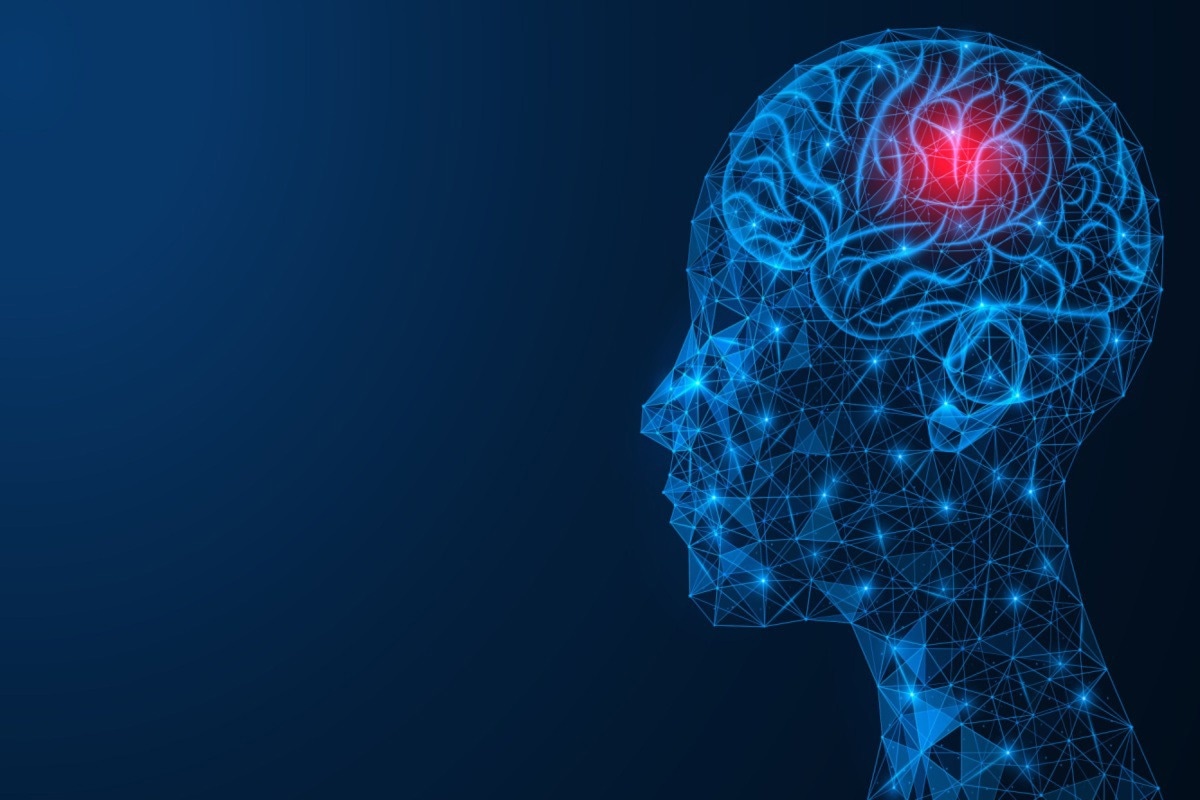
Here's why thinking hard exhausts you

Night shift: the dangers of working around the clock
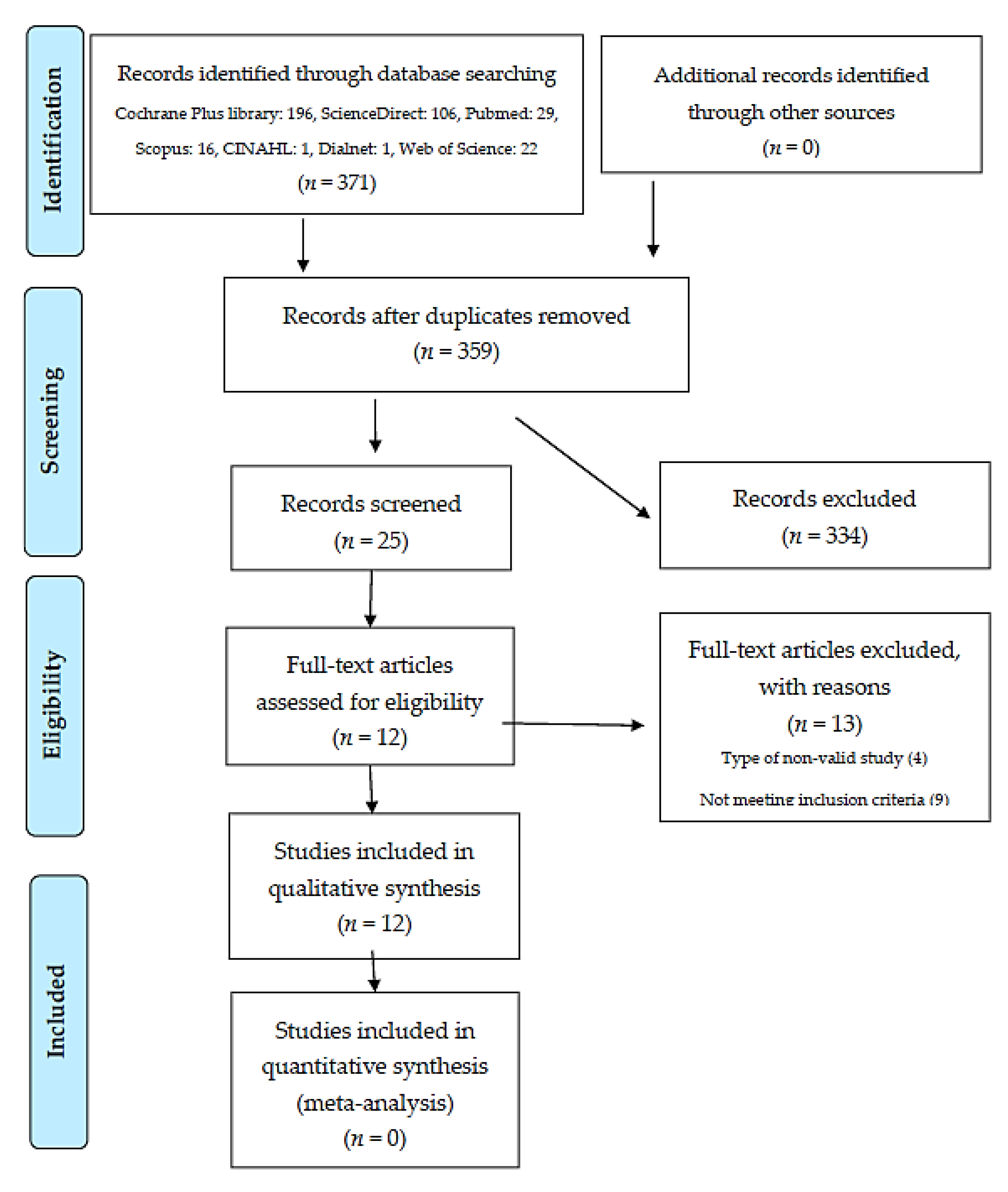
Medicina, Free Full-Text

What the Night Shift Does to Your Internal Clock
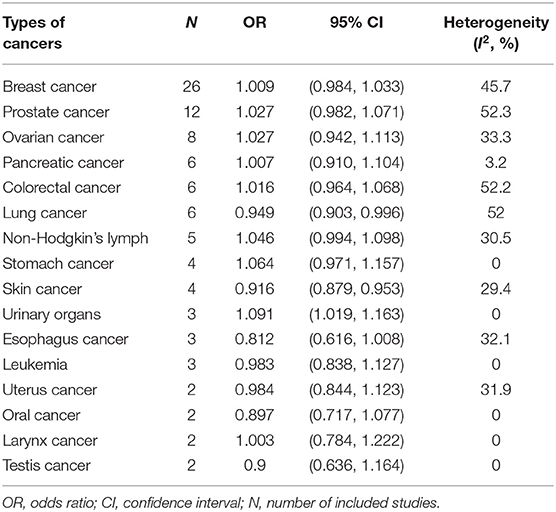
Frontiers Association Between Night-Shift Work and Cancer Risk: Updated Systematic Review and Meta-Analysis

Shift Work and Breast Cancer Canadian Environmental Health Atlas

Early Birds Less Prone to Depression - Neuroscience News
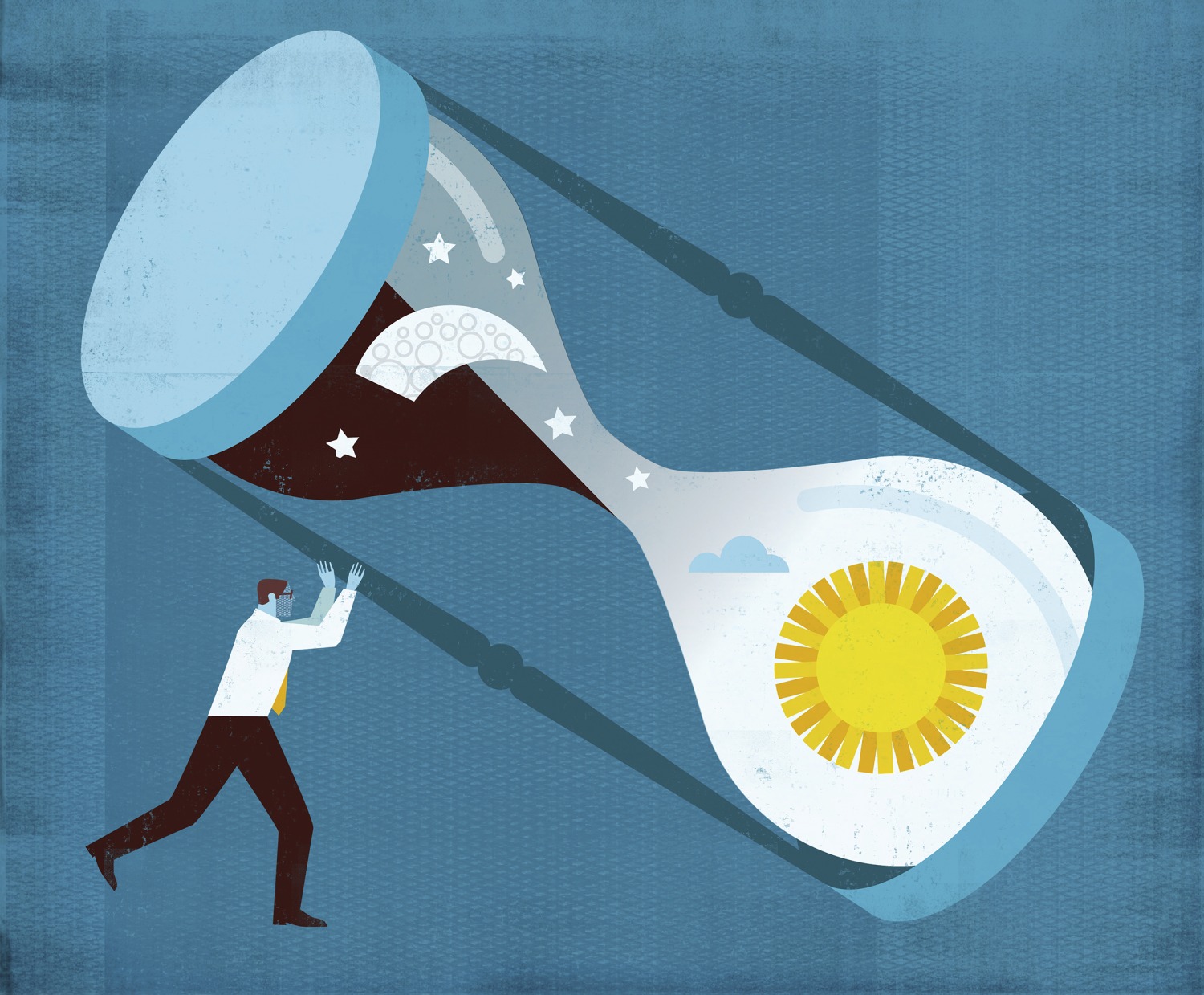
Night owls die young in a world scheduled for early birds
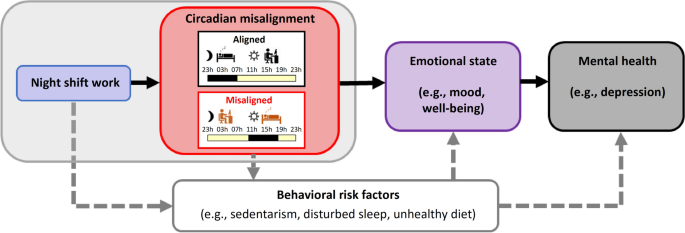
Circadian misalignment increases mood vulnerability in simulated shift work

A genetic predisposition may protect some night shift workers against sleep loss
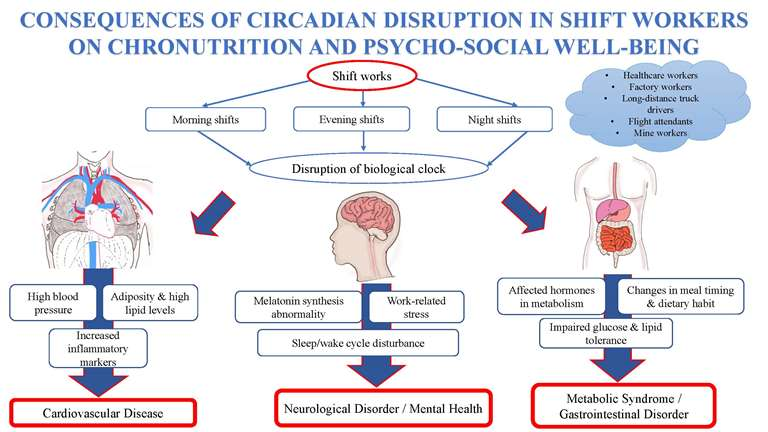
IJERPH, Free Full-Text

Night Shifts Increase Breast Cancer Risk, Especially for Nurses
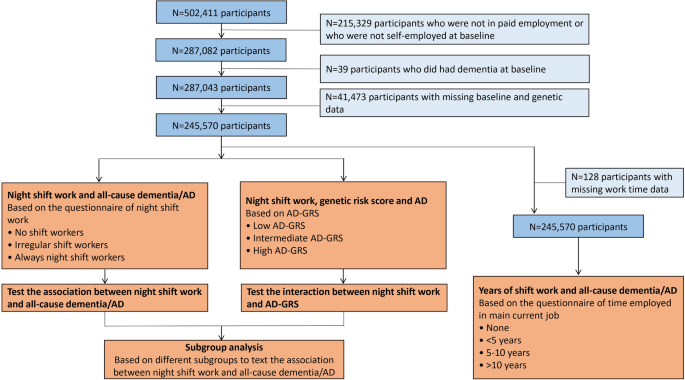
The association of night shift work with the risk of all-cause dementia and Alzheimer's disease: a longitudinal study of 245,570 UK Biobank participants
de
por adulto (o preço varia de acordo com o tamanho do grupo)
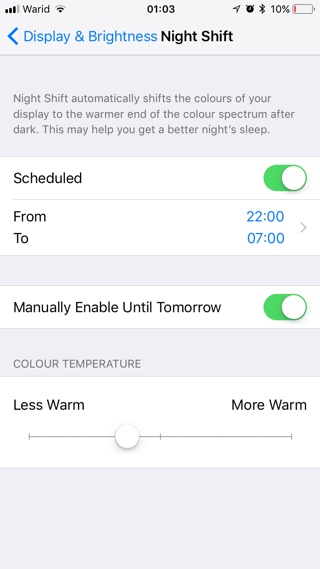





:max_bytes(150000):strip_icc()/zelda-sword_510_0-b22cfd82388d4731976998e514a53643.jpg)
